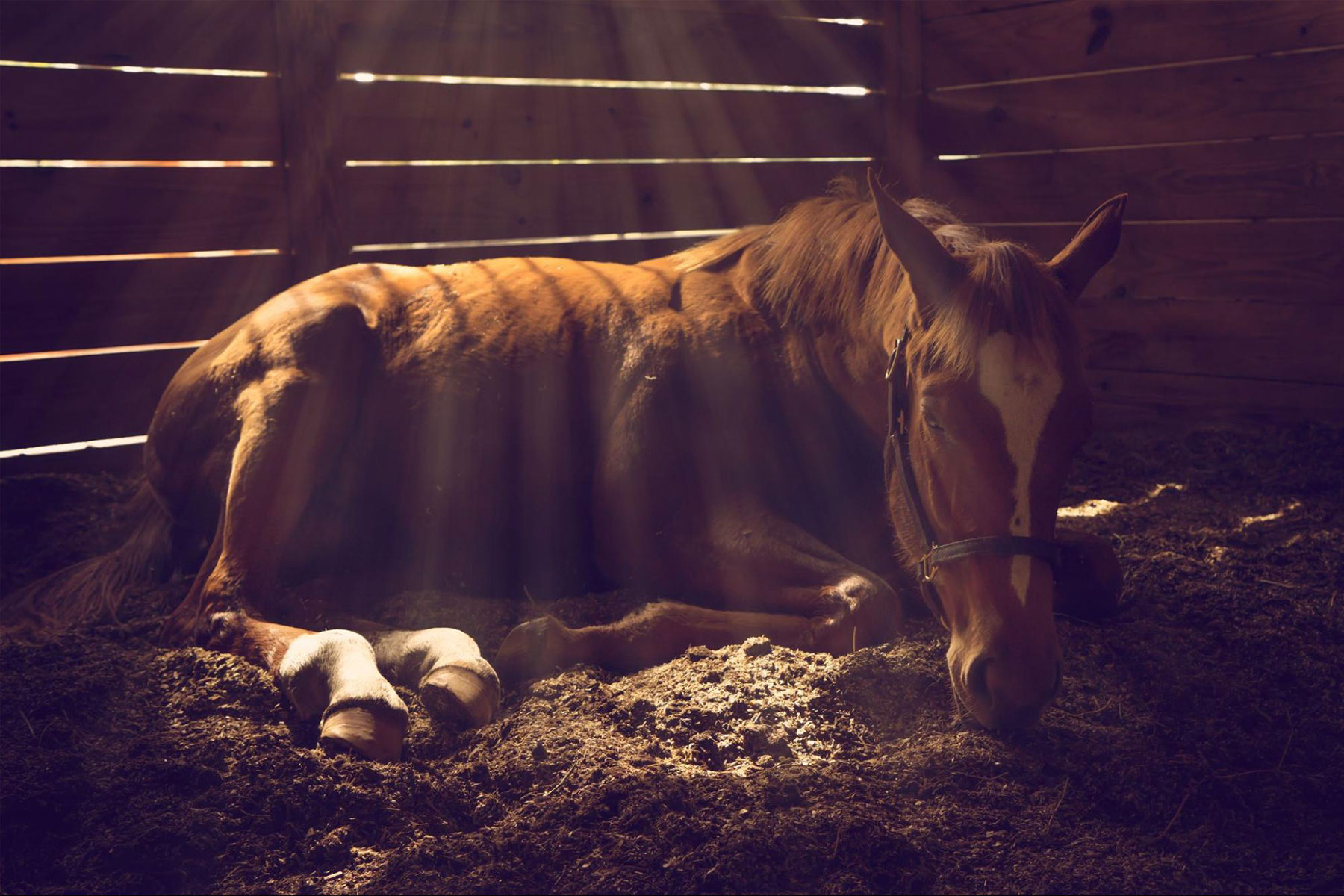Pigeon fever, scientifically known as Corynebacterium pseudotuberculosis, is a bacterial infection primarily affecting horses. Despite its name, pigeon fever poses a severe threat to equine health. Understanding pigeon fever’s causes, symptoms, and treatments is crucial for horse owners and equine professionals to ensure their horses stay healthy.
Causes of Pigeon fever in Horses
Pigeon Fever is caused by the bacteria Corynebacterium pseudotuberculosis, primarily affecting horses. Horses typically contract the infection through biting insects, breaks in the skin and environmental contamination from the ruptured abscess.
Symptoms of Pigeon Fever in Horses
The bacteria cause abscesses usually located on the pectoral muscles (chest) resembling a pigeon’s chest but can occur elsewhere in the body. The incubation period is 3-4 weeks. It is endemic in the southwestern part of the US and in Australia.
These abscesses often cause swelling, pain and lameness. The abscess may rupture draining a thick, purulent discharge. Other symptoms can include fever, lethargy and decreased appetite. In severe cases, the bacteria can spread internally developing abscess in organs such as the liver and lungs.
Pigeon Fever Treatment
Treatment for Pigeon Fever involves a combination of supportive care and drainage of the abscess is essential to alleviate pain and facilitate the healing process. Your veterinarian may also prescribe an antibiotic to combat the bacterial infection. Following the veterinarian’s instructions regarding antibiotic administration is crucial to ensure effective treatment and minimize the risk of antimicrobial resistance.
In addition to medical treatment, supportive care plays a vital role in recovery. Supportive care may include providing a clean and comfortable environment, adequate nutrition, and pain management. Monitoring the horse’s condition is essential to track progress and detect complications.
Preventing the spread of pigeon fever is also essential, especially in multi-horse environments such boarding facilities and equestrian events. Quarantine procedures may be necessary for affected horses to prevent transmission to others. Additionally, practicing good hygiene, such as regularly cleaning stalls to control fly infestation, can help reduce the risk of infection.
Stay Informed for the Health of Your Horse
Pigeon fever is a concerning condition that can have significant implications for horse’s health and welfare. Understanding its causes, symptoms, and treatments is essential for the horse owners, trainers, and equine professionals. Prompt recognition of symptoms and appropriate veterinary care is crucial for successful infection management.
Pigeon Fever Treatment at Signature Equine Hospital
If you suspect that your horse may have pigeon fever or if you have any concerns about your horse’s health, don’t hesitate to contact your veterinarian or the staff at Signature Equine Hospital. Early intervention is key to successful treatment and recovery. Additionally, practice effective disinfecting measures to minimize the risk of infection and help keep your horses healthy. Your diligence and proactive approach can make a significant difference in safeguarding your horses against Pigeon Fever and other infectious diseases.
